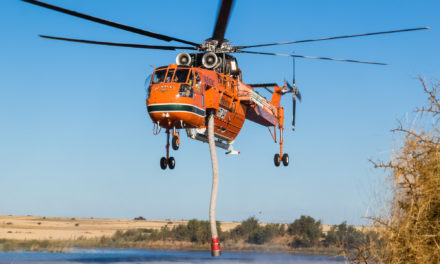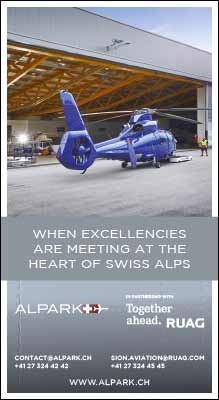International energy group Shell has selected leading US offshore helicopter operator PHI to operate four Airbus H160s to service a support contract in the Gulf of Mexico.
The contract marks the entry into the oil and gas market of the H160 with a wealth of design features promising new levels of safety, comfort and schedule reliability in offshore operations.
The three companies – Airbus, PHI and Shell – are cooperating in a unique partnership. In a pioneering move, Airbus will provide one H160 ahead of final deliveries to PHI and Shell for a year-long route-proving programme to enable the operator and the final customer to familiarize themselves with the type’s advanced features and mitigate the normal challenges around entry into service.
At PHI it will be based at Houma, Louisiana and join a large company fleet of H125s and H135s deployed in emergency medical service throughout the United States, as well as two H145s operating for Shell on pipeline survey work in Louisiana, and two H145s flying the world’s longest harbour pilot shuttle in Mackay, Australia.
Airbus Helicopters Executive Vice President Global Business, Ben Bridge, said: “We greatly appreciate the innovative thinking of our customers in formulating this partnership around the H160 which will begin a new era of safety, reliability and environmental performance in the medium class of offshore operations.”
PHI Aviation Managing Director, Keith Mullett said: “We are proud to be playing a key role in the entry into service of the highly advanced H160 in the offshore sector and we look forward to bringing a step change in operating standards through the confidence building route-proving exercise agreed with our partners Airbus and Shell.”
Shell Aircraft Vice President, Tony Cramp said: “Shell welcomes the opportunity to embrace new aviation technology and introduce this highly advanced and efficient aircraft to safely service our vibrant and growing offshore business in the US Gulf of Mexico.”
Shell General Manager – Supply Chain Deepwater, Viet Van added: “The emissions reductions that the H160 provides help us continue to deliver crude and natural gas with the smallest carbon footprint of our global deepwater portfolio, and are another important step to meeting our goal of zero net emissions by 2050.”
















